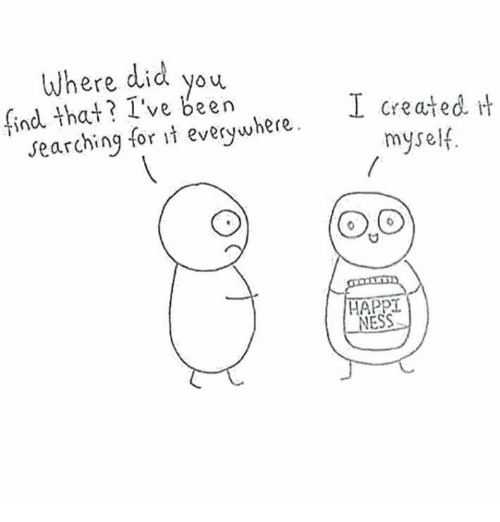Joy is rarer, more difficult, and more beautiful than sadness.
Once you make this all–important discovery,
you must embrace joy as a moral obligation
– Andre’ Gide, French writer
Winter is here, and for many of us, days are long, dark, and cold!, which can zap our energy, making it a little more difficult to feel upbeat and happy.
And while holiday rituals like parties, exchanging gifts, enjoying sweets, and lighting up our homes can lift our spirits, I was curious about what personal habits we could cultivate in order to feel more joyful.
What I Learned about Joy!
Not only does joy feel good on a personal level (okay, we all know that!), but it can also lead to better work environments and improved work performance! According to the WSJ’s 2018 article: The Plymouth Colony and the Business Case for Gratitude “Happy workers not only score higher for engagement, productivity, loyalty, creativity, they take fewer sick days and are more likely to help their colleagues.”
I also learned that creating happiness requires a higher order part of the brain than does negativity. In fact, negativity is the easiest and most primitive function of the brain! And while our genes and environment set the initial baseline for happiness, we can create positive habits around happiness and reverse the brain’s negativity bias!
Shawn Achor, a Harvard educated happiness researcher who works with Fortune 100 companies and author of several books including Big Potential and The Happiness Advantage, describes happiness as the joy you feel moving towards your potential and suggests the following five tips for cultivating gratitude and joy.
Five Ways to Create More Joy!
Express Gratitude – Each day find three new things you are grateful for and why. Achor calls this the the 45–second disrupter, claiming the practice has the power to transform someone from being a low level pessimist to low level optimist in just 21 days! The key is to find new things (which trains your brain to scan the environment for positive experiences) and the why (attaches positive meaning to everyday experiences that could be overlooked or taken for granted).
Journal – Each day journal about one meaningful experience by writing down three specific details about it. It’s called the doubler because the brain doubles the experience and you get to relive the experience. And according to Achor, you only need one positive memory to judge the overall day as meaningful!
15 Minutes of Cardio Exercise – Each day engage in something as simple as a brisk walk. This practice is considered a gateway drug because individuals are able see how one simple action step could improve their overall well being, which leads to and opens the door to participate in other positive happy habits. I call this the domino effect!
Meditate – Just a few minutes a day of meditation helps cultivate self compassion, decrease stress, and increase happiness. Click here to for a free mindfulness welcome packet which includes resources to help you cultivate a meditation practice.
The Two Minute Note – Each day praise, recognize or thank someone by writing them a short email note or text. Achor claims this is the most powerful of the five habits.
For more information, I highly recommend listening to The 10% Happier Podcast #156: The Science Behind Gratitude with Shawn Achor and Dan Harris.


